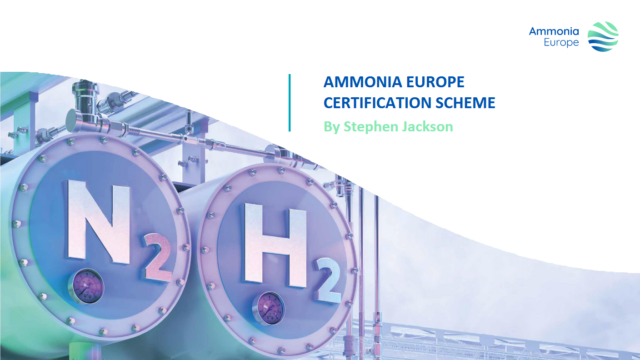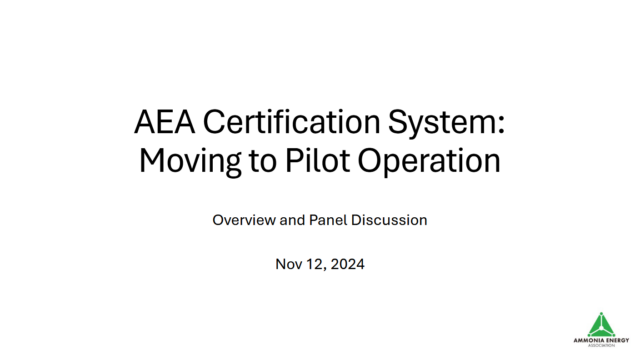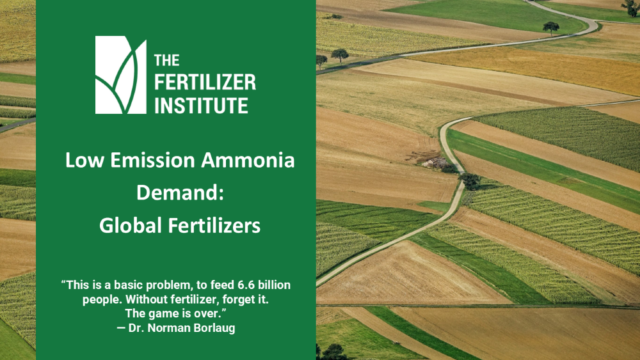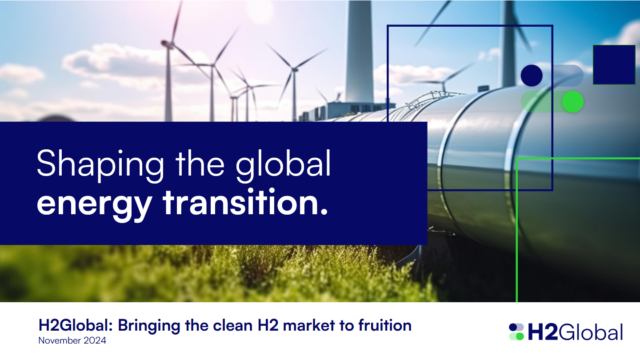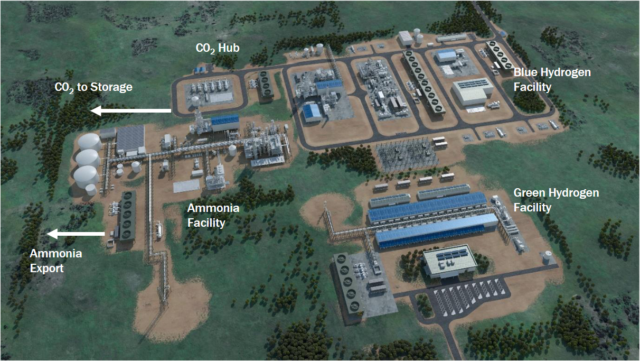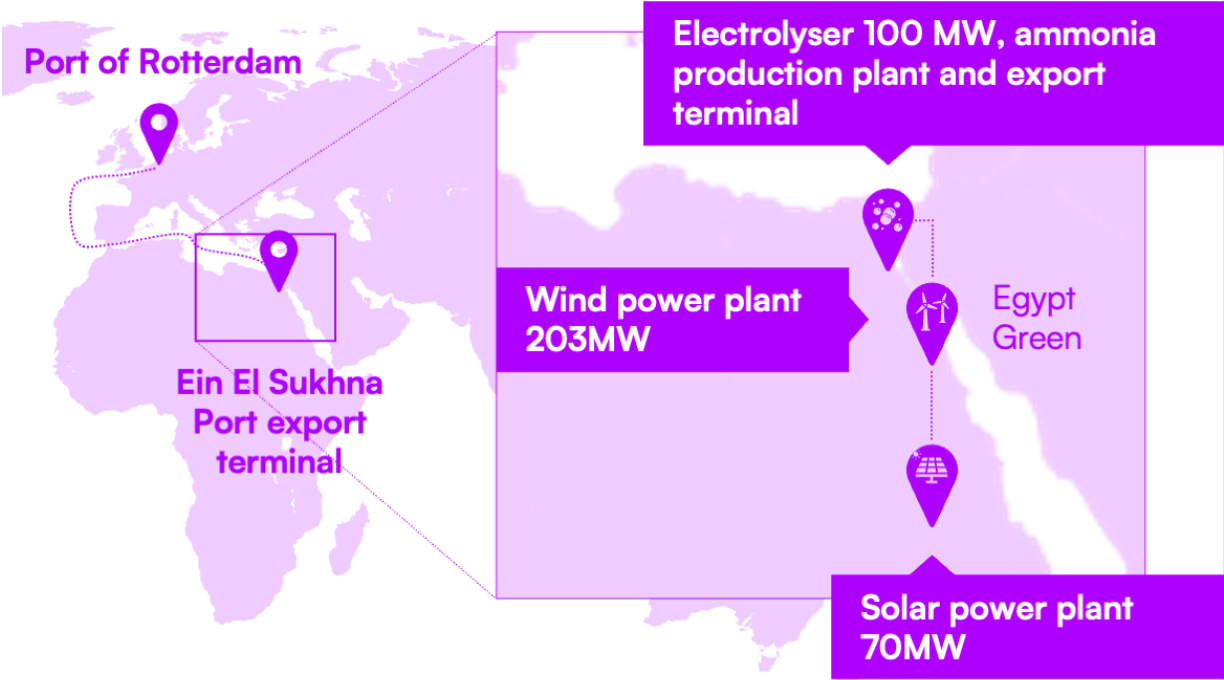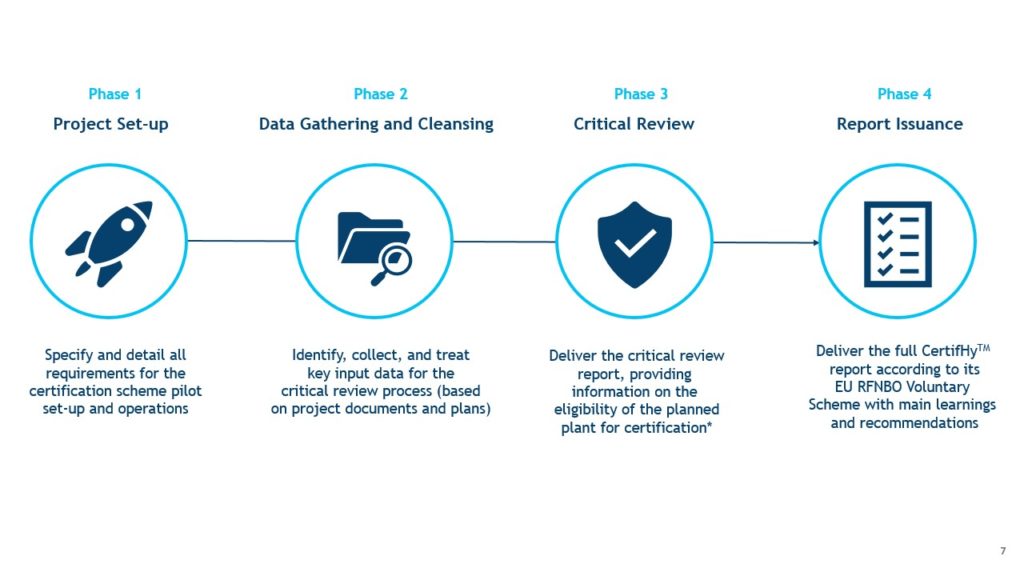Certification
Shaping the Global Energy Transition
Australian, Canadian producers to supply ammonia for power generation to South Korea
Australia-based Pilot Energy has been approved as a potential low-emission ammonia fuel supplier under the newly-implemented Clean Hydrogen Production Standard (CHPS) scheme in Korea. In Alberta, Korea Southern Power will work with Hydrogen Canada Corporation to jointly develop a 1 million tons per year ammonia production facility.
Torrent Power: renewable ammonia development in India
India-based integrated power utility Torrent Power Limited will invest over $7.6 billion in renewable energy generation and ammonia production in Gujarat. Momentum for renewable ammonia continues to build in India, with related news on certification and electrolyser manufacturing subsidies.
Fertiglobe success in H2Global pilot auction marks milestone in renewable ammonia supply for EU
Fertiglobe has won the first H2Global pilot auction for renewable ammonia, promising to deliver 397,000 tons of renewable ammonia between 2027 and 2033. H2Global’s announcement comes at the end of a two year auction process. Following the H2Global announcement, Fertiglobe committed to a twenty-year offtake deal for renewable hydrogen feedstock from the Egypt Green Hydrogen project, demonstrating the investor certainty fostered by the auction.
CertifHy pre-certification awarded to Greenko’s renewable project in India
CertifHy has awarded RFNBO pre-certification to Greenko subsidiary AM Green for its under-development hydrogen and ammonia production facility in southern India. By 2030, Greenko aims for a capacity of one million tons per year of electrolytic hydrogen, feeding the production of 5 million tons per year of ammonia.
Green Hydrogen Organisation backs blockchain, announces partnership with Trovio
The Green Hydrogen Organisation (GH2) and Trovio have announced a strategic partnership to develop a digital global registry for certification of hydrogen and its derivatives. The partnership will leverage CorTenX, Trovio’s blockchain-powered environmental asset registry. Trovio and GH2 believe this technology will promote transparency, traceability, and compliance in the certification space.
